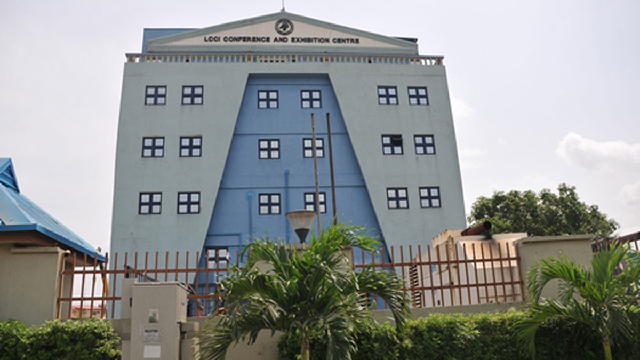Despite rise in growth and productivity indices, the Lagos Chamber of Commerce and Industry (LCCI) has stated that the economy remains fragile going by recurring challenges that continue to create concerns about prospects for sustainable poverty reduction.
Specifically, the chamber noted that continued delay in the passage of 2018 budget, high cost of operations for businesses, insecurity, unfavourable policies, among others are major challenges slowing down economic growth.
With a population growth rate pegged at three per cent yearly, the Chamber urged the need for government to embrace poverty reduction measures.Addressing journalists on the state of the economy, in Lagos yesterday, LCCI President, Babatunde Ruwase, said though the nation’s real GDP grew by 1.92% in Q4 2017, few sectors are currently contributing to the positive GDP numbers, necessitating the need to grow other sectors.
“Productivity and growth remains lower than desired and fragile; population growth is high at 3% per annum, raising concerns about prospects for sustainable poverty reduction”, he added.
On budget passage delay, he said: This is certainly not the best way to run the affairs of a country. The delay in the budgetary process would further entrench the vicious cycle of poor budget implementation, especially the capital component of the budget. The risk is that recurrent spending will be fully implemented while capital projects suffer the usual implementation deficiency.
“The delay has implications for planning in both the public and private sectors of the economy. Strategic planning for many organisations takes a cue from the budget structure and the policies that come with it. To the extent that the budget is not in place, uncertainty and associated business risks in the economy are heightened. This is surely not good for investors’ confidence, either from a foreign investor’s perspective, or from domestic investors standpoint”.
He identified the non-oil export segment as one of the sectors requiring government intervention.Specifically, he stated that exporters are complaining of access to the Nigeria Export-Import Bank (NEXIM) N500 billion fund.
“Early last year, an export facility was approved by the Central Bank of Nigeria (CBN) and NEXIM. Many applications have been submitted to NEXIM and the Central Bank for processing. We appeal to the CBN and NEXIM is to expedite the action on the disbursement of the facility”, he said.
Acknowledging government efforts in fixing roads through the enhanced capital budget in the 2018 budget, Ruwase expressed worry about the cost of logistics which remains very high, arising largely from the poor state of the roads and the effects on transportation and logistics cost.
“We demand for a better funding framework for Nigerian roads. The current budget-dependent framework for fundin-g of the roads cannot make the desired impact.“The proposal to set up a Road Fund needs to be quickly revisited and its implementation accelerated. This is the model that has worked in many other jurisdictions and we believe it will work here. The earlier we adopt this model for funding the roads, the better for the economy and the citizens”, he added.













